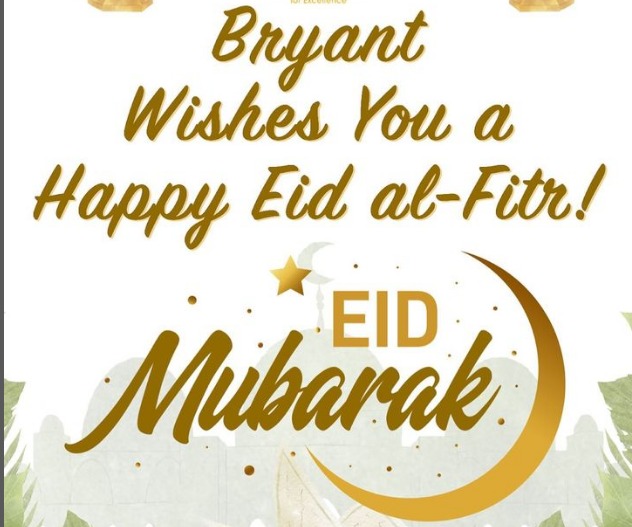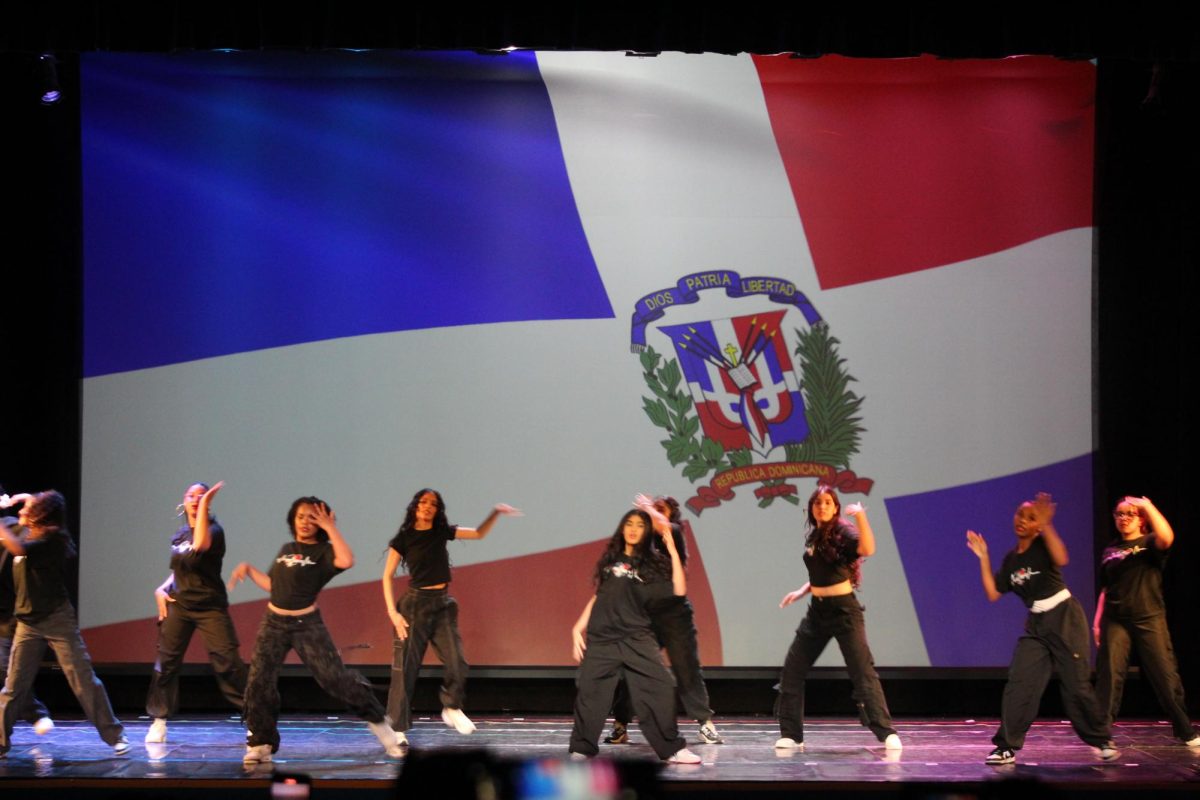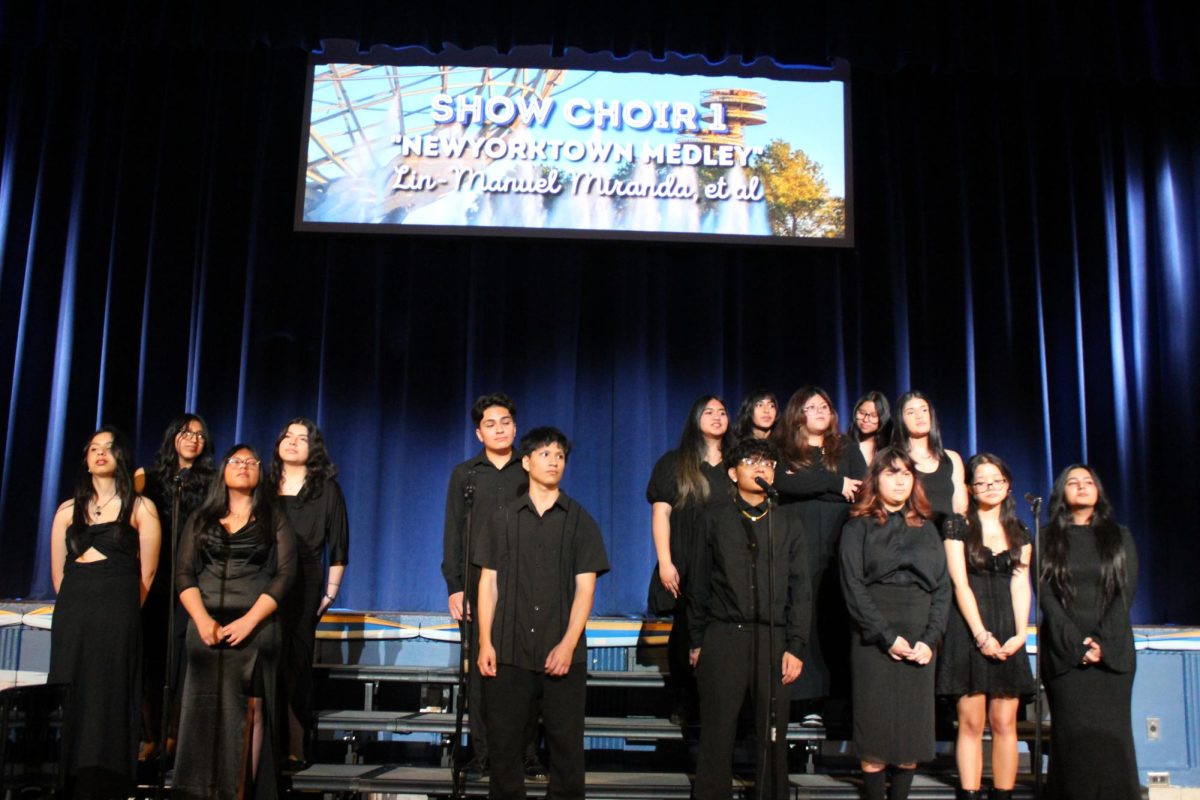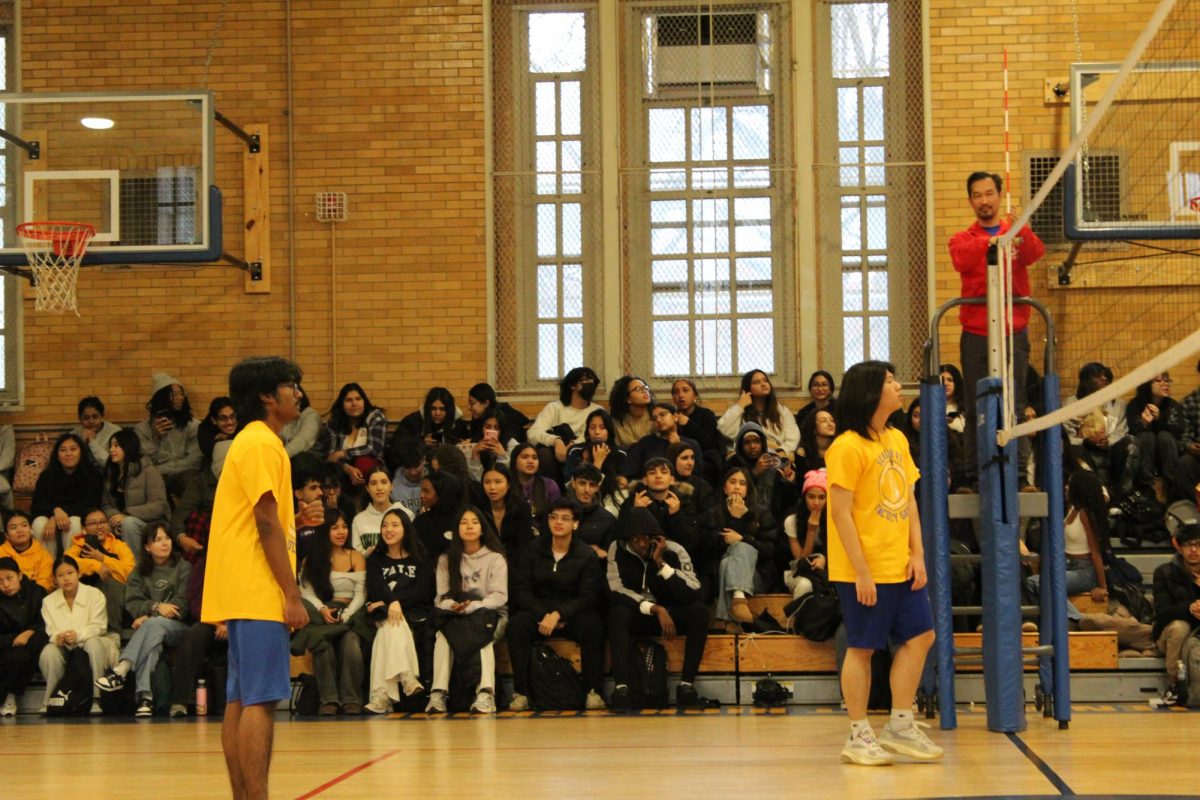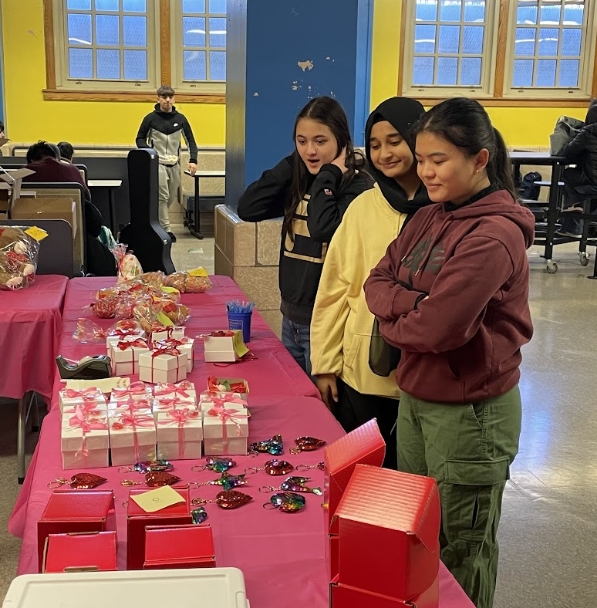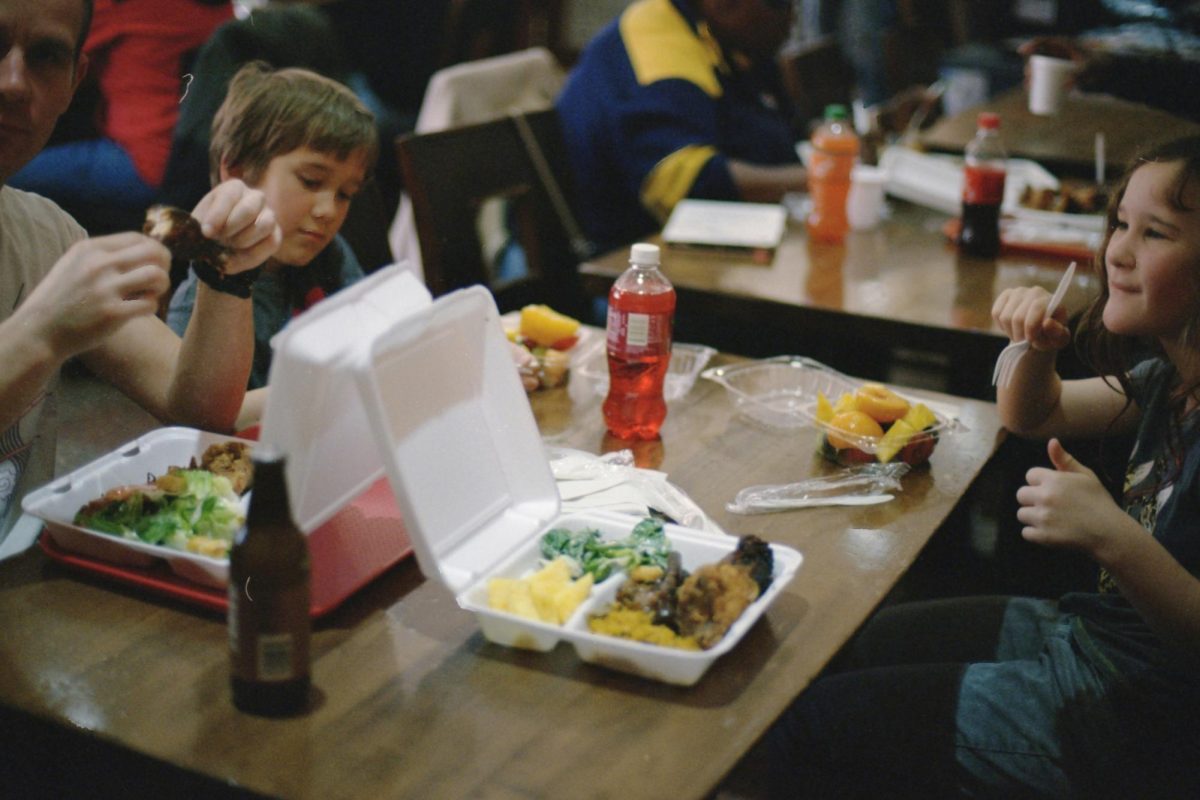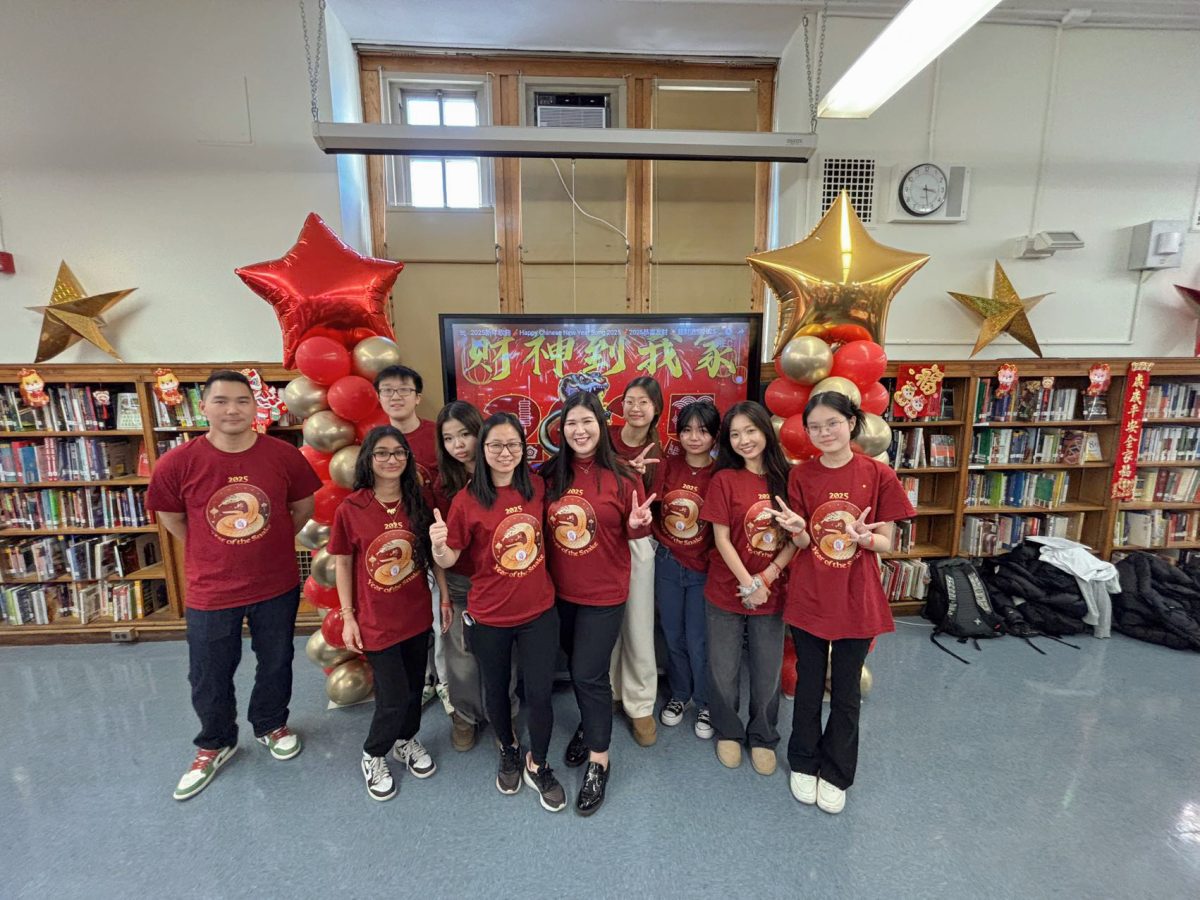Eid is one of the most significant holidays celebrated by Muslims worldwide. Eid has the general meaning of sharing happiness and joy to the loved ones around you. There are two different celebrations for Eid. One of them is Eid al-Fitr which means “festival of the breaking fast” and is celebrated right after Ramadan, while the second one is Eid al-Adha which means “feast of sacrifice” in which it commemorates the story of Abraham and his willingness to sacrifice his son.
Ramadan is the holy month of fasting and is in the 9th month of the Islamic calendar. It begins 10-12 days earlier each year, and it both starts and ends with the appearance of the crescent moon. During the holy month of Ramadan, Muslims are enabled to practice self-restraint between dawn and dusk from the following activities of eating, drinking, sexual engagement, impulsive behavior, and unkind thoughts. During the Sunset prayer known as Maghrib, Muslims gather either in mosques or their homes to break their fast with a meal known as Iftar. Iftar is most commonly shared with family or friends, and it usually begins with dates as it was a practice followed by our Prophet Muhammed and is considered a Sunnah, and it is later followed by some water or milk (though the drinks can vary due to different cultures).
In Ramadan, during the night prayers known as Isha, there are additional prayers known as taraweeh which are preferably performed in mosques. During these prayers the Quran is recited over the course of Ramadan.
Eid al-Fitr signifies the end of Ramadan and is celebrated during the 10th month of the Islamic calendar. On this day, during daybreak, Muslims go to mosques or public areas (that are ONLY used for the prayer) to pray Salat. During Eid al-Fitr, many Muslims wear new clothes, visit many people, and give each other Eidi’s (money).
Eid al-Adha is celebrated in the last month of the Islamic calendar, and it is also celebrated by a prayer of Salat during daybreak. During Eid al-Adha families sacrifice an animal of either a sheep, goat, camel, or cow and distribute the animal parts amongst family and friends. Just like Eid al-Fitr, many Muslims wear new clothes, and visit many people on the day of Eid al-Adha as well.

